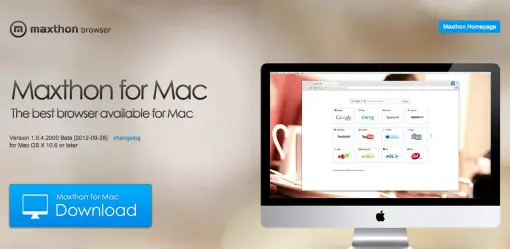 How often do you use the private browsing capabilities of your chosen Internet browser? For one reason or another, I am sure that the average person will find this capability useful. While I am not going to prod as to why you would need to go incognito while browsing, you ought to know that there is supposed to be a flaw in the whole private browsing model.
How often do you use the private browsing capabilities of your chosen Internet browser? For one reason or another, I am sure that the average person will find this capability useful. While I am not going to prod as to why you would need to go incognito while browsing, you ought to know that there is supposed to be a flaw in the whole private browsing model.
Researchers from Stanford University and Carnegie-Mellon University have recently studied the private browsing model being used by major Internet browsers, and they say that it is not that foolproof; at least not as foolproof as we would like to believe. They released their findings in a paper titled An Analysis of Private Browsing Modes in Modern Browsers.
Their conclusions?
We analyzed private browsing modes in modern browsers and discussed their success at achieving the desired security goals. Our manual review and automated testing tool pointed out several weaknesses in existing implementations. The most severe violations enable a local attacker to completely defeat the benefits of private mode. In addition, we performed the first measurement study of private browsing usage in different browsers and on different sites. Finally, we examined the difficult issues of keeping browser extensions and plug-ins from undoing the goals of private browsing.
The next time you face the need to go incognito while browsing, make sure you take these things into consideration. Your best bet is to use your private computer and regularly take steps to ensure your security.




